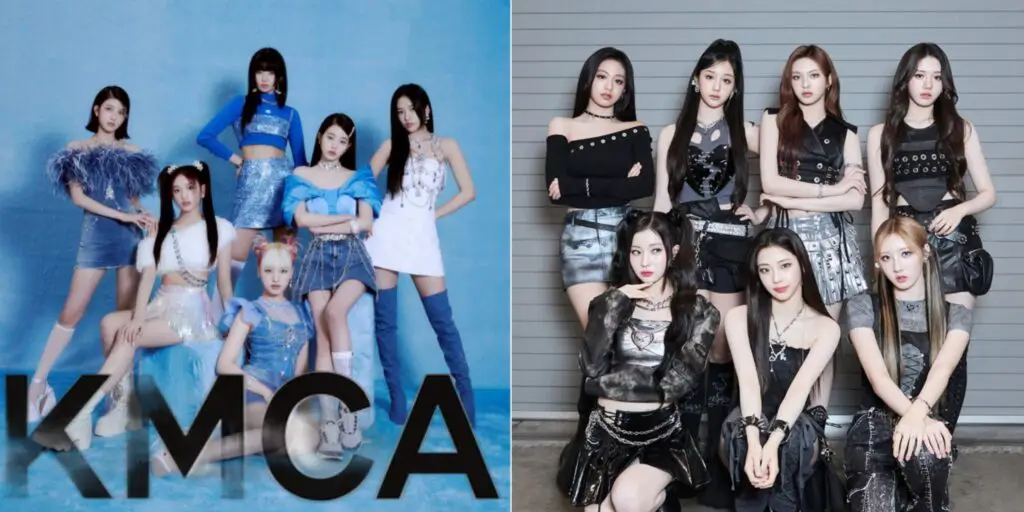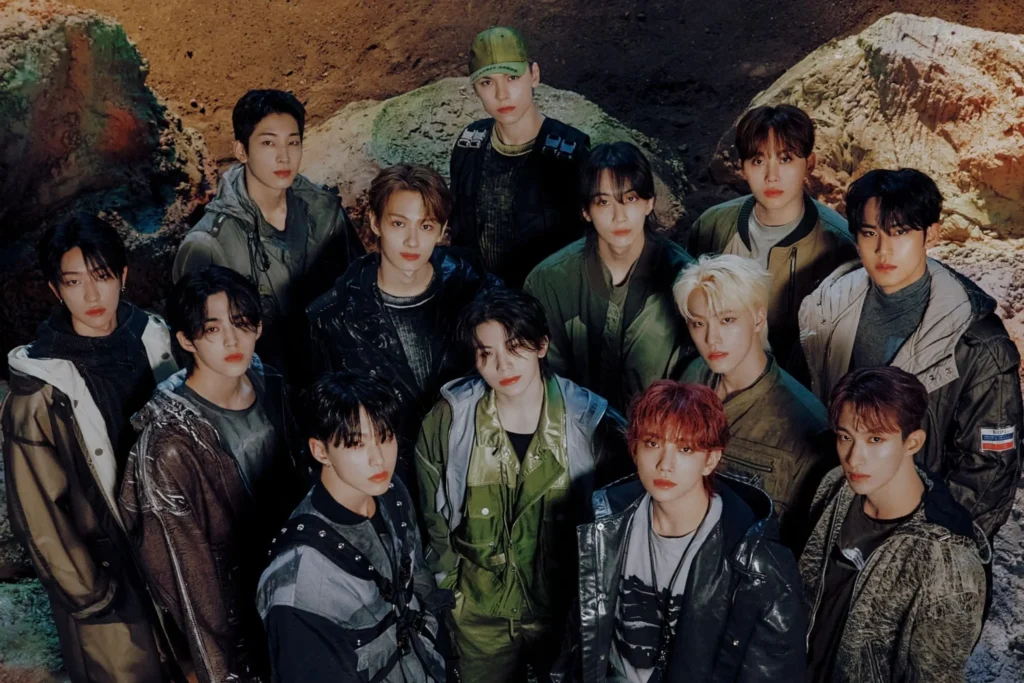The Korea Music Content Association (KMCA) has raised strong objections to the proposed changes to the Popular Culture Industry Act. The revision introduces restrictions on the working hours of young artists based on their age groups. KMCA argues that this approach does not reflect the realities of the industry and could negatively impact K-pop’s future.
On the 13th, the association expressed concern over the lack of industry discussion before moving forward with the bill. It called for a full review, emphasizing that the new law could make normal group activities impossible. Many K-pop groups have members of different ages, and limiting their schedules based on age would create serious challenges.
KMCA pointed out that young people who study late at night are not restricted, while young artists are being singled out. This, they argue, is unfair and goes against the principle of equal treatment under the law. They warned that such regulations could prevent the rise of new global stars like IVE or BABYMONSTER.
Balancing Protection and Industry Needs
KMCA agrees with the need to protect young artists. However, they believe the current approach is flawed. The K-pop industry has already implemented various protective measures. Agencies have set guidelines for minors, including limits on nighttime activities and requirements for parental consent.
The right to education is also a key concern. Most trainees and young idols already receive specialized education in singing, dance, and languages. Many attend arts-focused schools, making traditional schooling less necessary for their careers. KMCA argues that forcing a standard curriculum on young artists could limit their opportunities rather than protect them.
Impact on K-Pop’s Global Growth
K-pop is a major force in the global music industry. Last year, South Korea exported 16 million K-pop albums. The industry’s growth has significantly boosted the national economy. KMCA warns that sudden changes in regulations could weaken this global success.
They also stress that the new law generalizes a few rare cases of unfair treatment, treating the entire industry as problematic. In reality, agencies and companies have already made significant improvements to protect young artists.
KMCA is calling on lawmakers to reconsider the bill and gather more input from industry professionals. They argue that policies should reflect the actual conditions of the industry rather than impose broad restrictions that could harm its future.
Kavita Mishra is a dynamic writer and passionate Korean entertainment enthusiast, combining her love for K-pop and K-drama with a flair for storytelling. With a keen eye for the latest trends, Kavita crafts articles that capture the pulse of K-pop idols, chart-topping hits, and the most buzz-worthy dramas taking over screens worldwide.


